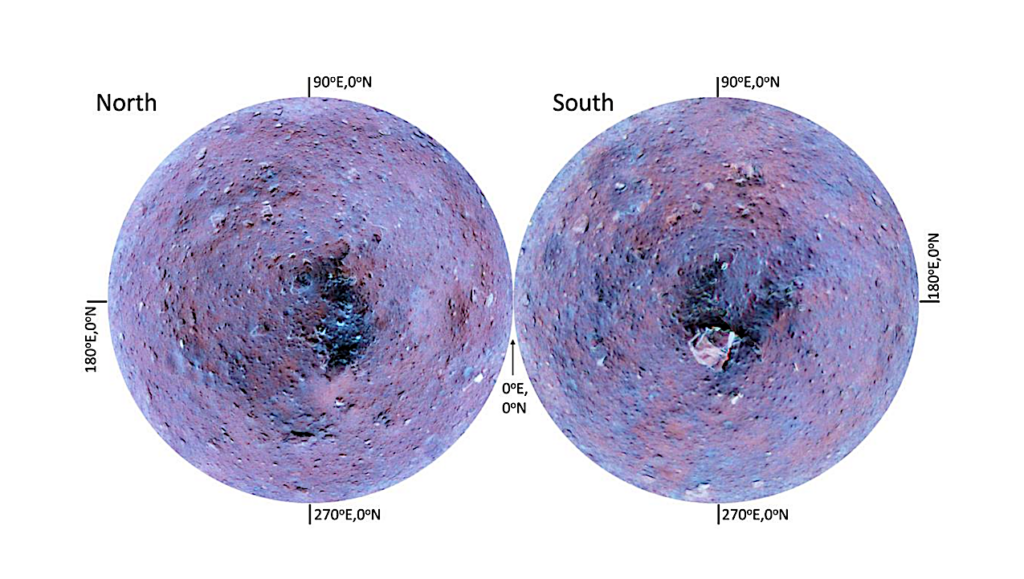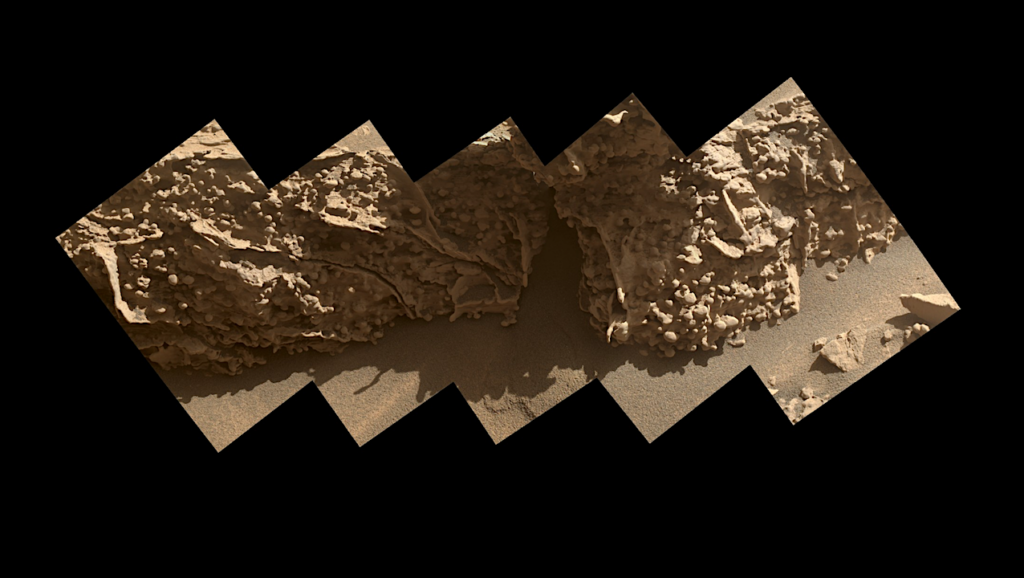Planetary Protection: Preventing Interplanetary Pollution That Could Pose A Threat To Life On Earth And Other Planets

Formulating policies for planetary protection issues and keeping them up-to-date is the responsibility of the Committee on Space Research (COSPAR) panel on planetary protection. In an article in Frontiers in Astronomy and Space Sciences, an international group of experts affiliated with COSPAR reviewed the panel’s role, and its Planetary Protection Policy, including recent considerations regarding the Policy for the Moon, Venus, Mars and small planetary bodies.
Now writing on the Frontiers news site, the panel’s leadership consisting of chair Dr Athena Coustenis and vice- chairs Niklas Hedman and Prof Peter Doran explain why this endeavor is so important for future deep-space explorers.
Imagine robotic rovers taking soil samples on the surface of Mars, looking for evidence of past life and instead finding bacteria that had traveled all the way from Earth: the impact on subsequent research would be incalculable. Or picture a probe digging through the crust of an icy moon such as Europa or Enceladus, and injecting organic contamination from Earth into the subsurface ocean, thus compromising any further search for life in that body.
At the same time, if extant or extinct life were to exist on such bodies, returning samples to our planet without proper measures to prevent hazards to our biosphere could lead to important risks for humanity.
An international policy is thus needed to help prevent the harmful introduction of biological and organic contamination of space missions, to make sure that future scientific exploration and discoveries do not adversely impact the new worlds they visit. Similarly, protocols should be established for returned alien material to Earth.
And because space exploration is experiencing considerable growth, with missions now operated by national space agencies, non-governmental and also private sector entities, it is increasingly important to ensure that all missions comply with this policy and that relevant requirements and guidelines are shared with all players.
A space travel rulebook
But how to draft such a policy to safeguard Earth from a potential threat and avoid compromising the search for lifeforms on other celestial bodies – backward and forward contamination? Who has the authority and expertise to analyze the latest findings and prepare guidelines that are fully adapted to the needs and objectives of future missions and to the safety of our planet? How to ensure that as many spacefaring nations as possible are onboard and can contribute to and comply with this policy? This is where the COSPAR Planetary Protection Policy comes in.
Our recent article in Frontiers, ‘Planetary Protection: an international concern and responsibility’ addressed the questions we put forward in this editorial.
COSPAR, created in 1958 at the behest of the International Council of Scientific Union (now called the International Science Council), has been working since the early 1960s to provide guidance on issues of contamination by extraterrestrial exploration.
Over the past decades, the organization has developed a Planetary Protection Policy as an international standard to protect against biological and organic contamination and serve as guidance in the implementation of article IX of the United Nations Outer Space Treaty of 1967. COSPAR also provides an international forum for scientific discussions on these – and other space-related – issues.
The Planetary Protection Policy has defined five categories, depending on the objective of a specific space mission. These can range from missions to orbit or carry out fly-bys of planets, comets, or icy moons, to those designed to land on these celestial bodies and perhaps carry samples back to Earth, to explore these worlds, analyze their environment or look for signs of extant or extinct life.
Associated with these categories are requirements of various degrees of rigor in the contamination control applied. The policy is assessed regularly and updated with input from new scientific findings and in conjunction with the fast-evolving space exploration sector. Because of this, COSPAR has had a close working relationship with the United Nations Committee on the Peaceful Uses of Outer Space (COPUOS) since the early 1960s, particularly in the field of planetary protection.
An international affair
The COSPAR Bureau formally appoints the Panel leadership and members, currently standing at 25 members representing 12 space agencies and an equal number of experts from the scientific community, as well as ex-officio members.
By organizing workshops, topical meetings, and sessions at COSPAR scientific assemblies, the panel provides an international forum for exchanging information on best practices and for improving or updating the Policy. During its meetings, the panel welcomes scientists, industry and private sector representatives, interested parties, and observers.
The international nature of the panel allows for discussion (including encouraging an active dialogue with the private sector) and ensures a balanced and informed approach for making recommendations.
The panel’s activities deal with the individual needs of a space mission while exercising swift care and expertise to ensure sustainable exploration of the solar system. When an update is made to the policy, the panel informs the international space community through publications and presentations at international meetings. The panel also welcomes community input on space research and will assist space stakeholders in any way –by co-sponsoring new studies, community surveys, workshops or focused conferences.
In short, any project that requires particular attention regarding planetary protection need look no further than the COSPAR Panel on Planetary Protection, a one-stop shop for information and guidance on preventing forward and backward contamination.
Planetary protection: an international concern and responsibility, Frontiers (open access)
Astrobiology








